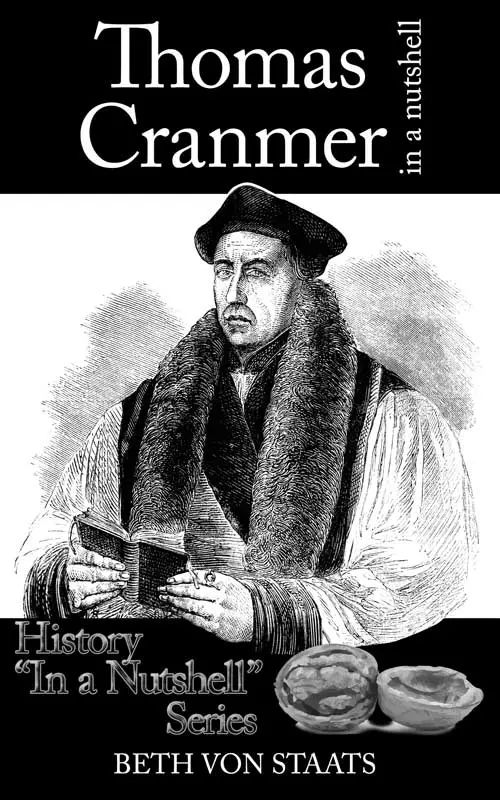December 16
The Prince and the Pauper
Thank you to Beth von Staats for contributing this article for our Advent Calendar...
“In the ancient city of London, on a certain autumn day in the second quarter of the sixteenth century, a boy was born to a poor family of the name of Canty, who did not want him. On the same day, another English child was born to a rich family of the name of Tudor, who did want him. All England wanted him too. England had so longed for him, and hoped for him, and prayed God for him, that, now that he was really come, the people went nearly mad for joy.”
--- Mark Twain, The Prince and the Pauper
The Prince and the Pauper, Mark Twain’s first venture into historical fiction, is a wonderful “Tudor Era-themed” Christmas gift idea for a young reader in your life. A novel highlighting the days leading to the ascension to the English throne of the nine-year-old King Edward VI, The Prince and the Pauper is one of American Literature’s most beloved children’s classics (teenagers, age 13 and older). Chronicling the lives of two young boys born the same day and identical in appearance who exchange roles and stations in life -- pauper Tom Canty and Prince Edward of England -- The Prince and the Pauper spins a tale exploring social inequality and injustice through the judgments of others that are largely based on appearance, dress, and assumed social status.
Through the literary genius of Mark Twain, The Prince and the Pauper, is composed as a first-person narration, the narrator being a 16-century unidentified story-teller. By definition biased, the reader is left to wonder what the narrator’s thoughts are of relative to social injustice towards the poor, as well as the responsibilities of kingship. Exploring themes of identity, justice and judgement, appearances, complex reality, respect and reputation, class inequality, wealth, and familial dysfunction, The Prince and the Pauper leaves teenagers with several thought-provoking questions to ponder. Here are just a few examples.
- Just what are the differences between a prince and a pauper?
- How much of a person’s identity is forged by how others treat him?
- Is judging a person based on his appearance a reliable way to define who that person is?
- What things earn a person respect? What things impact his reputation?
- How does social class affect how people are treated?
- How does wealth compare to poverty? Is one better than the other?
- How differently are the prince and the pauper treated by their families?
- Which relationships are more important in life – the ones you make or the ones you are born into?
Even if you have never read the novel, you likely already know the story. This stated do not confuse the original novel with the far more sanitized adaptations, including all the Disney movies, comic books, cartoons, plays and children’s books that came later. Though The Prince and the Pauper was composed for a teenage audience, the novel includes adult themes. Twain does not shy away from the reality of the period, highlighting the brutality of religious persecution and the violence of 16th-century criminal injustice.
Though not as critically acclaimed or as popular as The Adventures of Huckleberry Finn or The Adventures of Tom Sawyer, Mark Twain himself judged The Prince and the Pauper to be his best writing and most accomplished work. Perhaps Twain’s pride came in his need to stretch his typical folksy writing style to writing far more Dickensian in approach. Perhaps he judged the historical research necessary to set a plausible scene and plot a new-found intellectual challenge. Then again, perhaps America’s most beloved writer was much like the rest of us, a Tudorphile finally come out of the closet.

Beth von Staats is the author of Thomas Cranmer in a Nutshell and is a writer of both fiction and non-fiction short works. A life-long history enthusiast, Beth holds a Bachelor of Arts degree, magna cum laude, in Sociology from the University of Massachusetts, Dartmouth. She is the owner and administrator of Queen Anne Boleyn Historical Writers website, QueenAnneBoleyn.com.